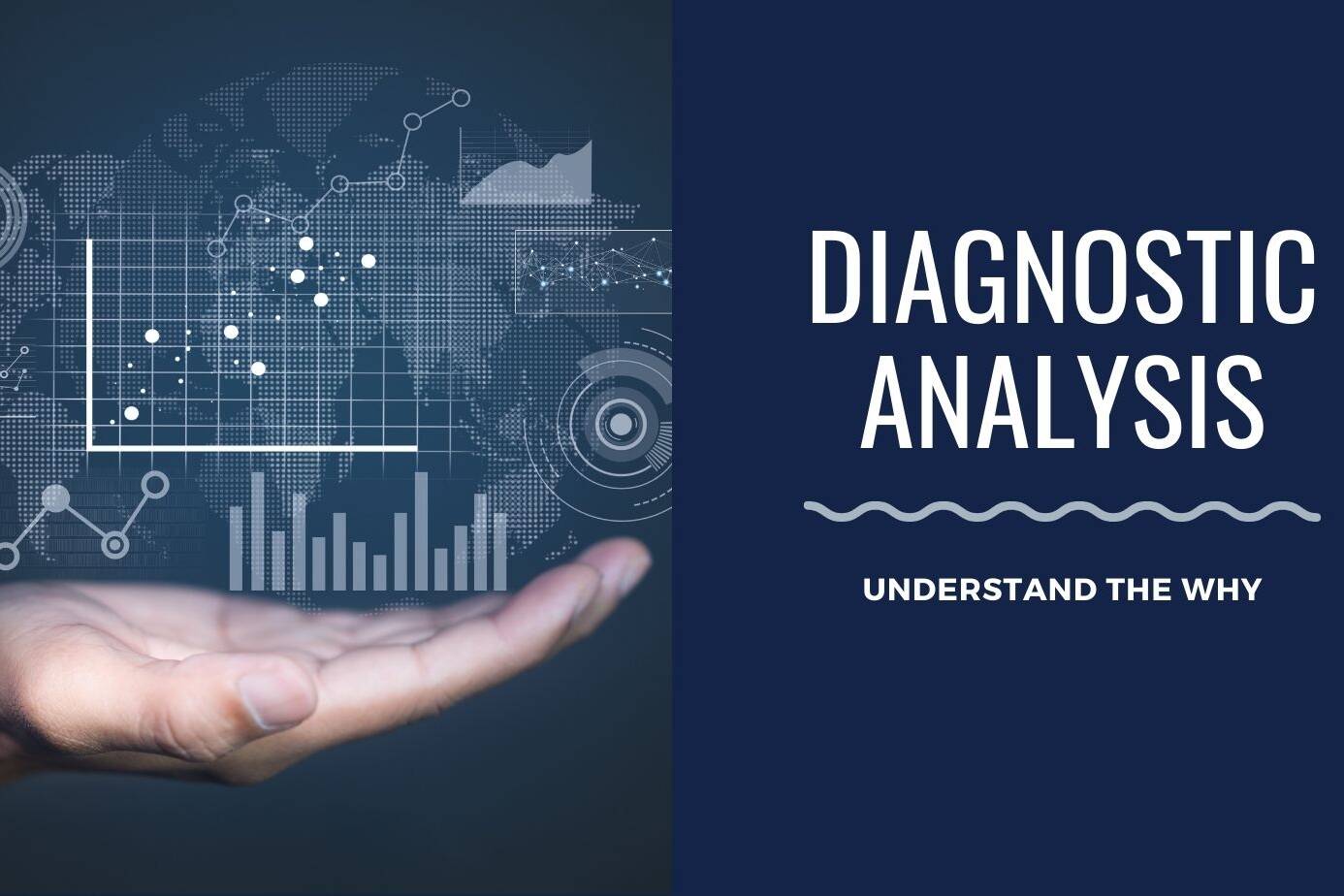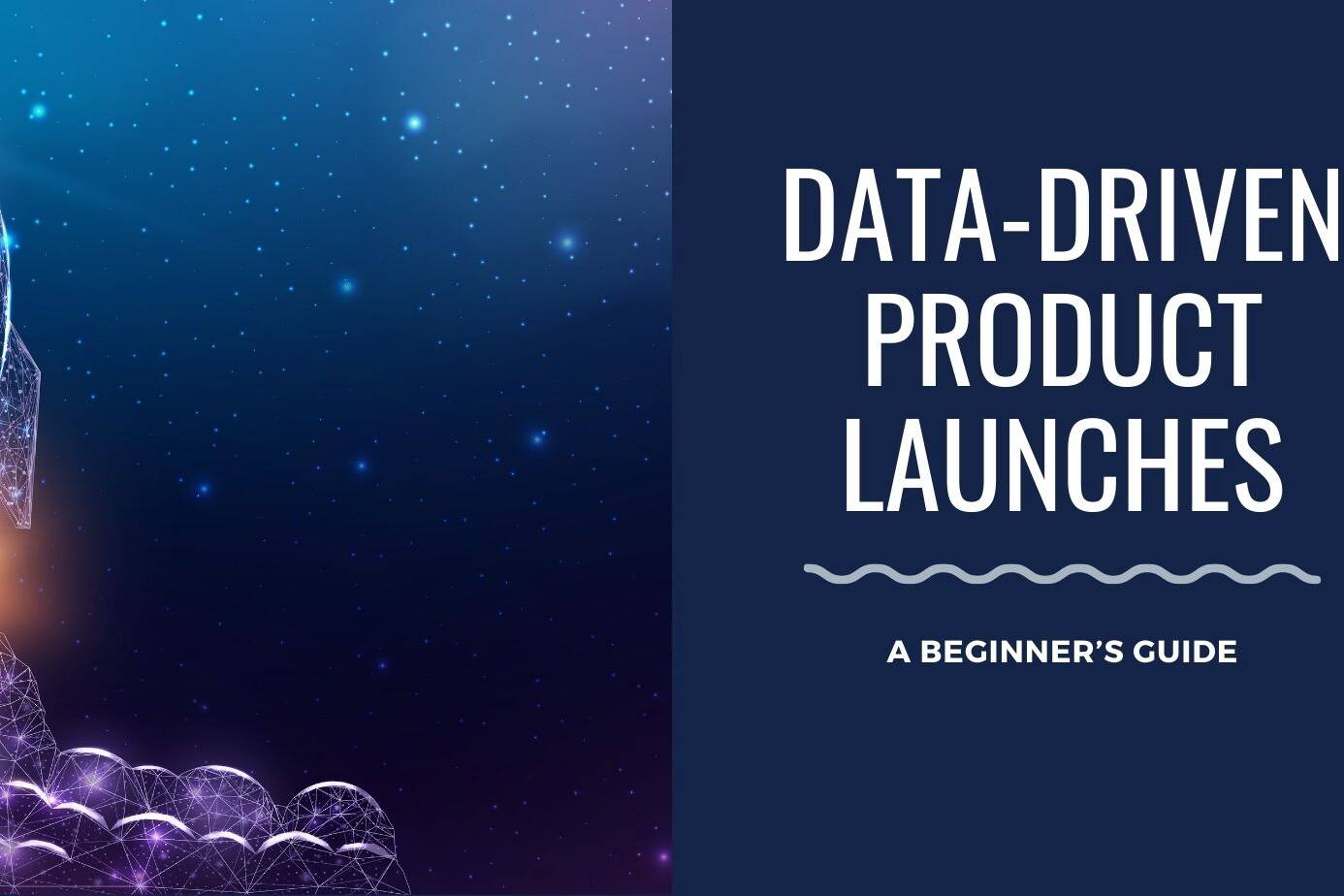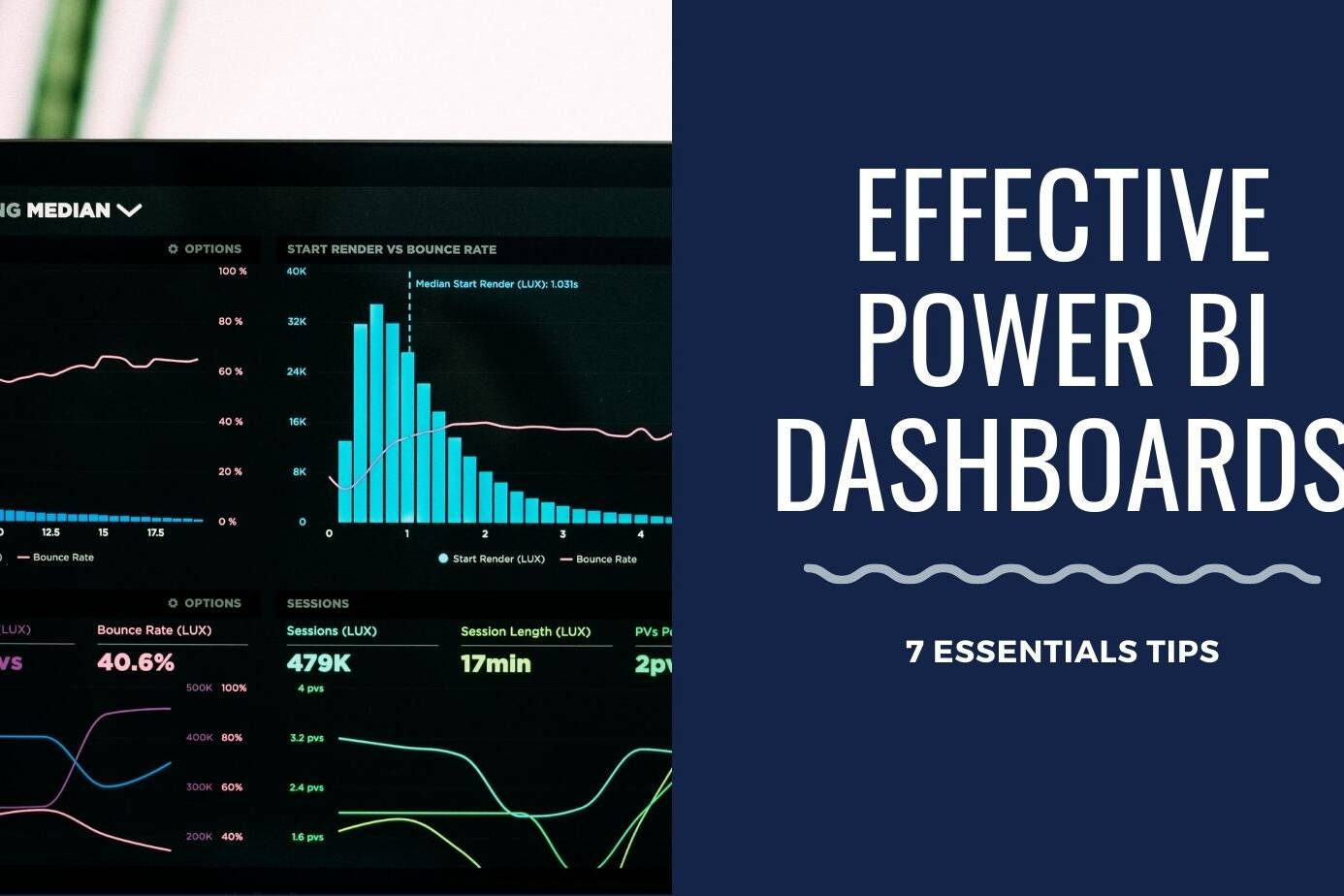Data analytics is a rapidly growing field that involves collecting, analyzing, and interpreting data to uncover actionable insights to drive informed business decisions. In today’s data-driven world, organizations of all sizes and industries rely on data analytics to make data-driven decisions and gain a competitive advantage.
Data analysts use various programming languages, analytical tools, and statistical techniques to interpret complex data sets and extract meaningful patterns and trends. With the ability to turn data into valuable insights, data analysts play a crucial role in helping businesses achieve their goals and make informed decisions. Whether in finance, marketing, healthcare, or any other industry, data analytics offers promising career opportunities for individuals with strong analytical and problem-solving skills.
Table of Contents
ToggleWhy Pursue a Career in Data Analytics?
Pursuing a career in data analytics offers numerous benefits and exciting opportunities for individuals interested in working with data. Data analytics is experiencing rapid growth and is in high demand in various industries. Between 2023 and 2030, the overall data analysis market is expected to grow from $7.03 Billion to $303.4 Billion. By becoming a data analyst, you can take advantage of this trend and enjoy a fulfilling career.

The growth results from the strategic role Data Analysis plays in organizations to extract actionable insights from complex data sets. Data Analysts help drive business decisions by providing evidence-based recommendations and guiding companies toward data-driven strategies.
Furthermore, data analytics offers excellent career growth and progression opportunities. As a data analyst, you can start in an entry-level position and gain real-world experience working with data. Over time, you can specialize in a specific industry or develop expertise in various analysis tools and techniques.
However, data analytics is not limited to a specific industry. Still, it is applicable across a wide range of sectors, including finance, healthcare, marketing, and insurance, among others. This translates into a diverse set of job opportunities, allowing data analysts to explore different industries and domains.
Preparing for a Career in Data Analytics
Preparing for a Career in Data Analytics entails honing a combination of technical and analytical skills, along with solid communication and problem-solving abilities. Let us see some of these skills in detail.

Invest in a Strong Educational Foundation
- While multiple avenues are available for learning beyond formal education, pursuing a bachelor’s degree in mathematics, statistics, computer science, or engineering can boost your chances of getting a solid first opportunity in data analytics.
- Also, consider advanced education through master’s degrees or specialized online courses and certifications.
Develop Solid Statistical and Mathematical Skills
- Master probability, calculus, and algebra for a robust analytical foundation.
- Gain proficiency in statistical software like R and Python libraries for data analysis.
Hone Your Technical Skills
- Learn programming languages such as Python, SQL, and R.
- Familiarize yourself with data visualization tools like Tableau and Power BI.
Cultivate Analytical Skills
- Develop critical thinking and problem-solving abilities to interpret data patterns.
- Frame analytical problems and ask pertinent questions to extract meaningful insights from large datasets.
Sharpen Your Soft Skills
- Enhance communication skills to convey complex findings to non-technical stakeholders.
- Emphasize teamwork and collaboration for practical interdisciplinary work.
- Practice time management and attention to detail to ensure accurate and efficient analyses.
By following these five essential steps, you can prepare yourself for a successful career in data analytics. Mastering the technical aspects, coupled with strong analytical and soft skills, will make you a valuable asset in today’s data-driven business world.
Data Analytics Career Paths
In the rapidly evolving data analytics landscape, many job titles and roles have emerged, each serving a distinct purpose in business intelligence. Understanding the differences between these roles is crucial for aspiring professionals and organizations seeking to leverage data effectively. Let’s delve into a few of the most prevalent job titles and functions in data analytics, explained in simple terms.
Data Scientist
Data scientists are problem solvers. They use advanced statistical and machine learning techniques to analyze complex data sets and extract valuable insights. Data scientists design algorithms, build predictive models, and provide actionable recommendations to support strategic business decisions.
Data Architect
Data architects design the overall structure of data systems. They create blueprints that outline how data will be stored, accessed, and integrated across different platforms. Data architects collaborate with data engineers to implement scalable and efficient data solutions.
Data Engineer
Data engineers focus on the architecture and construction of data systems. They build the infrastructure necessary to collect, process, and store large volumes of data. Data engineers work closely with data scientists and analysts, ensuring that the correct data is available in the proper format and at the right time for analysis.
Data Analyst
Data analysts are interpreters of data. They clean, process, and analyze data to identify trends, patterns, and outliers. Data analysts create reports and visualizations that help businesses understand their performance, customer behavior, and market trends. Their work provides the foundation for data-driven decision-making.
Business Analyst
Business analysts bridge the gap between IT and business stakeholders. They gather and document business requirements, analyze processes, and identify areas for improvement. Business analysts collaborate with data professionals to ensure that analytical solutions align with the organization’s goals and objectives. They play a vital role in translating business needs into technical specifications.
Business Intelligence Analyst
Business intelligence analysts focus on transforming raw data into actionable intelligence. They design and develop dashboards, reports, and data visualizations to help businesses monitor key performance indicators (KPIs) and make informed decisions. Business intelligence analysts often work with business users to understand their reporting needs and deliver insights that facilitate strategic planning.
Database Administrator
Database administrators manage and optimize databases, ensuring data integrity, security, and availability. They play a critical role in maintaining the performance and reliability of data systems, allowing other data professionals to work efficiently.
The diverse roles in data analytics cater to various aspects of the data lifecycle, from collection and storage to analysis and visualization. Understanding these roles and career paths is essential for individuals looking to specialize in the field and for organizations aiming to assemble effective, multidisciplinary teams.
How To Gain Practical Experience?
There are several avenues that individuals can explore to gain real-world experience and expertise in the field of data analytics. One of the most valuable ways to gain practical knowledge is through internships. These opportunities allow individuals to work alongside professionals in the industry, giving them hands-on experience with actual data and analytical tools.
Another effective method is to work on personal projects. By undertaking data analytics projects independently, individuals can showcase their skills and build a portfolio of work. This not only demonstrates their abilities to potential employers but also allows them to gain valuable insights and experience in manipulating and analyzing data.
Online forums and communities are also invaluable resources for learning and networking in data analytics. Participating in forums and discussing industry topics with experienced professionals can provide individuals with valuable insights, guidance, and even potential job opportunities.
It is also essential to seek out industry-specific opportunities to gain hands-on experience. Industries such as healthcare, manufacturing, and marketing offer various employment and internship opportunities focusing on data analytics. This allows individuals to gain expertise in analyzing data within specific contexts and industries.
Furthermore, having transferable skills and domain knowledge can significantly enhance one’s expertise in the field. Transferable skills such as problem-solving, critical thinking, and communication are essential for success in data analytics. Additionally, developing domain knowledge in specific industries can make individuals more valuable assets for organizations seeking data analytics professionals with industry-specific expertise.
Looking to break into the field of data analytics? This guide outlines five essential steps to help you start and pave the way for a successful career.



